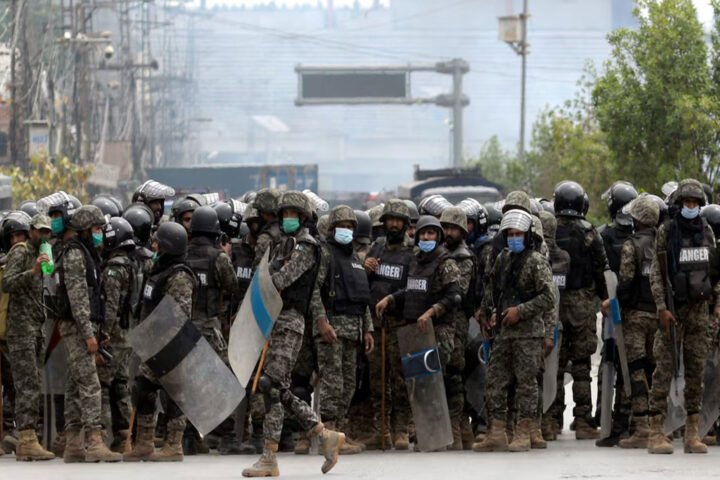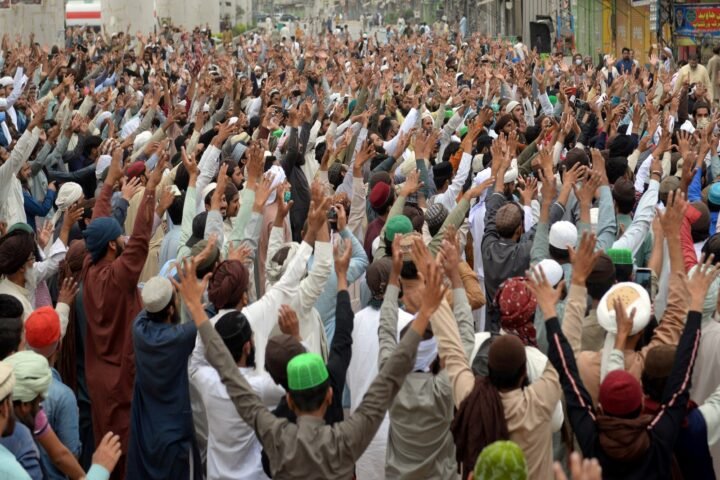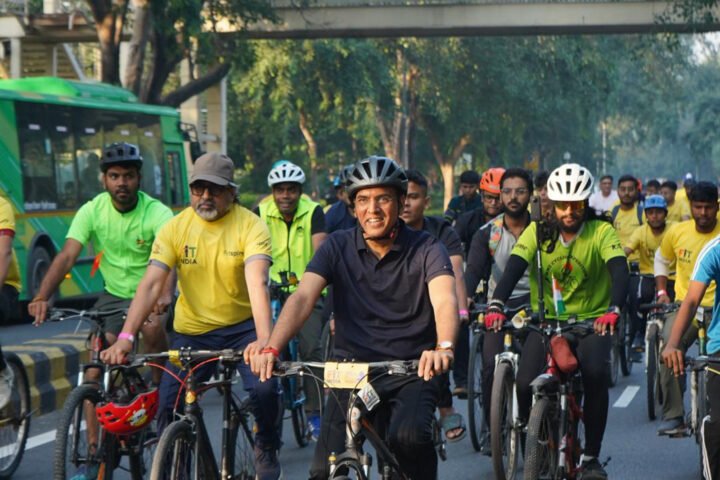Bridging the Volga and the Ganga: TIME Forum in Kazan heralds new era in India-Russia ties
On the banks of the Volga in Kazan, a significant diplomatic message was conveyed this week: India and Russia are venturing into a new phase of regional partnership, reports 24brussels. The Tatarstan India Mutual Efficiency (TIME) Business Forum, held from October 8-9, attracted over 3,000 participants, featured 93 speakers, and included delegations from 22 Indian states and 35 Russian regions.
Over two days, the event encompassed 15 expert sessions and culminated in the signing of 19 cooperation agreements, which aim to establish a decentralized and multipolar model of bilateral engagement. This forum sets the groundwork for President Vladimir Putin’s forthcoming visit to India in December.
In a climate marked by geopolitical tensions—particularly recent strains between New Delhi and Washington over tariffs and India’s strategic oil imports from Russia—the TIME Forum emerged as a testament to the enduring strategic alignment and trust between the two nations.
“We have very deep and extensive potential to cooperate; no wonder when we decided to expand our diplomatic presence in Russia, Kazan was one of the first places chosen for an Indian consulate,” stated Vinay Kumar, India’s Ambassador to Russia, during the forum.
Kazan has previously proven to be an effective host, having successfully held the XVI BRICS Summit in 2024. “The new consulate, set to open in a few weeks, will enhance visa and consular services, offer commercial support, and broaden India’s outreach in Russia’s dynamic Volga region,” Ambassador Kumar added.
“This is not just about Moscow and Delhi anymore,” remarked a senior Russian official at the plenary session. “This is about Tatarstan and Telangana. Kaluga and Kerala. Regions matter—and we are ready to work together.”
The Forum’s theme, “Mutual Efficiency,” underscored both nations’ aspirations to create resilient economic corridors spanning pharmaceuticals, digital technology, traditional medicine, education, and energy.
Key Russian delegates included Sergey Cheremin, Minister for External Economic and International Relations of Moscow, along with significant leadership from Kaluga, a region already noted for its vigorous Indo-Russian industrial cooperation. Indian representation was also substantial, featuring dignitaries such as Rajesh Kotecha, Secretary at India’s Ministry of AYUSH, and Hemlata Diwakar, Mayor of Agra.
To engage youth and creative sectors, the Forum hosted a Tatarstan-India Fashion Show, a cricket match, and a cyber tournament for popular games like Counter-Strike and FIFA. The Indian Culture Day, including a digital art workshop by Varun Desai and the Indian Film Festival inaugurated by Ambassador Kumar, further showcased India’s cultural diplomacy in Kazan.
While no major announcements were made during the Forum, both its timing and atmosphere signaled its importance. With President Putin’s visit to India on the horizon, the TIME Forum likely serves as a precursor to broader economic and diplomatic strategies ahead.










